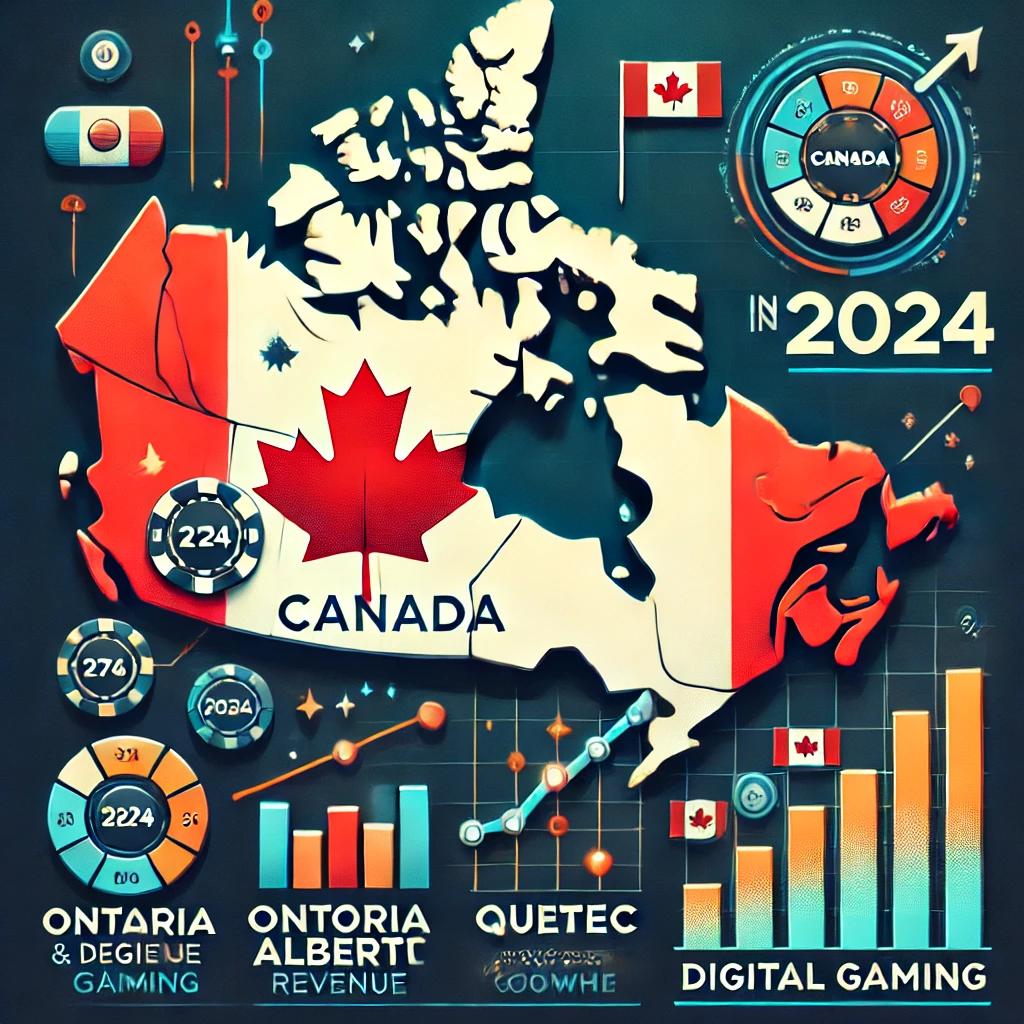
Industry Leadership Shifts: A New Era Begins
2024 marked a transitional period for Canada’s iGaming landscape, with two prominent leaders announcing their retirements. Martha Otton, the inaugural Executive Director of iGaming Ontario, revealed her departure set for March 2025, leaving behind a legacy of regulatory foundation and growth. Similarly, Shelley White, CEO of the Responsible Gambling Council, stepped down after years of driving responsible gaming initiatives.
These retirements symbolize not just individual career milestones but also a pivotal moment for the Canadian iGaming industry. Leadership transitions often bring fresh perspectives but can also create uncertainty. The question remains: Will new leadership double down on proven strategies or steer the market in bold, uncharted directions?
Alberta Prepares for iGaming Expansion
The buzz around Alberta’s upcoming regulated iGaming market intensified in 2024. With government commitment confirmed at the Canadian Gaming Summit, the province is on track to follow Ontario’s model by mid-2025. Heavyweights like PointsBet Canada, Betway, and NorthStar are already positioning themselves for launch day.
However, Alberta’s path to regulation isn’t without hurdles. Political hesitations and cabinet-level delays have added a layer of unpredictability. Still, if Alberta can overcome these challenges, it has the potential to become Canada’s next iGaming powerhouse.
Quebec’s iGaming Market Attracts Industry Giants
Aristocrat and IGT made significant moves into Quebec’s gaming sector, securing deals with Loto-Québec to distribute state-of-the-art video lottery terminals. These partnerships highlight a broader trend: the increasing appeal of provincial partnerships for global gaming giants.
Quebec’s approach blends regulatory oversight with innovation, offering a model for other provinces considering iGaming expansion.
Ontario: A Market That Keeps Growing
Ontario’s iGaming sector remained Canada’s crown jewel in 2024. With 50 licensed operators and 82 gaming websites, the market continues to thrive. Q2 results reported $18.7 billion in wagers and $738 million in gaming revenue, both showing steady growth.
Beyond the financial metrics, Ontario’s iGaming model has become a blueprint for other provinces, proving that regulation can drive innovation, protect players, and generate substantial economic benefits.
The Advertising Debate Heats Up
Advertising standards took center stage in 2024, with the Alcohol and Gaming Commission of Ontario (AGCO) introducing new rules banning athletes and celebrities likely to appeal to minors from appearing in ads.
Public sentiment echoed these changes. Surveys revealed growing frustration with ad frequency during live sports and a desire for nationwide regulations. While AGCO took steps towards responsible advertising, national legislation (Bill S-269) remains stuck in legislative limbo, with no clear path to resolution.
WSOP Comes to Canada: A Milestone Event
The World Series of Poker (WSOP) held its first-ever international circuit event in Toronto, marking a historic moment for Canada’s poker community. This event not only boosted Toronto’s profile on the global poker stage but also set the stage for future high-profile gaming events in Canada.
Player Trends: A Shift Towards Regulation
An IPSOS study highlighted a critical trend: 86.4% of Ontario’s online gamblers now play on regulated sites, up from 70% before regulation. This shift underscores the success of Ontario’s efforts to migrate players from unregulated platforms, creating a safer and more transparent environment for consumers.
The Future of Canada’s iGaming Landscape
2024 showcased both the strengths and growing pains of Canada’s iGaming market. Provinces like Alberta are poised for growth, Ontario continues to dominate, and Quebec remains a steady player. Yet, challenges like leadership transitions, advertising controversies, and legislative delays loom large.
The coming year will determine whether Canada can balance growth with regulation, innovation with responsibility, and opportunity with player protection. The foundation is strong, but the execution will define the industry’s trajectory.







